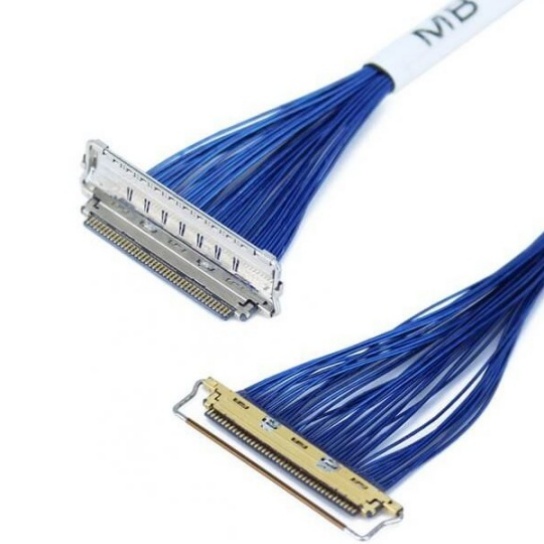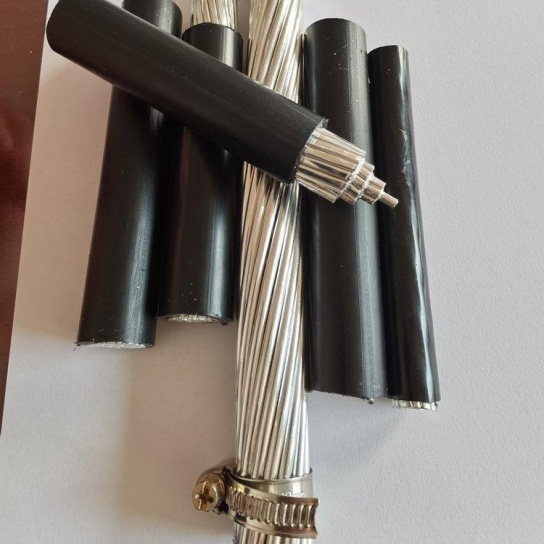Aircraft Cable Assemblies: The Backbone of Modern Aviation Electronics
In the complex ecosystem of modern aviation, where safety, reliability, and precision are non-negotiable, aircraft cable assemblies stand as unsung heroes. These intricate systems of wires, connectors, and insulation are the lifelines that enable seamless communication between avionic components, ensuring everything from navigation systems to in-flight entertainment functions flawlessly at 35,000 feet.
Engineering for the Skies: Design Principles That Matter
Aircraft cable assemblies are engineered to withstand one of the harshest operating environments on Earth. Unlike standard electrical cables, they must endure extreme temperature fluctuations—from -55°C at cruising altitudes to 125°C near engine compartments—while resisting vibration, moisture, and chemical exposure from jet fuel and de-icing fluids.
Key design features include:
- Stranded conductors for flexibility and resistance to fatigue from constant vibration
- Multi-layer shielding (foil, braided, or combination) to eliminate electromagnetic interference (EMI) and radio frequency interference (RFI)
- Fluoropolymer insulations like PTFE or FEP that maintain dielectric properties across temperature extremes
- Crimped rather than soldered connections to avoid cold solder joints that fail under thermal stress
Critical Applications Across Avionic Systems
From the cockpit to the cargo hold, these cable assemblies form the nervous system of aircraft:
- Flight Control Systems: Transmit data between sensors, autopilots, and hydraulic actuators with microsecond precision
- Navigation & Communication: Connect GPS receivers, transponders, and satellite communication equipment
- Engine Monitoring: Carry real-time data from temperature, pressure, and vibration sensors to engine control units
- Cabin Systems: Power in-flight entertainment, lighting, and environmental controls while ensuring passenger safety
Compliance: Meeting Aviation’s Rigorous Standards
The aviation industry demands compliance with stringent regulations to ensure airworthiness. Leading cable assemblies adhere to standards such as:
- SAE AS4373 for general aviation cable requirements
- MIL-DTL-27500 for military and commercial aerospace applications
- RTCA DO-160 for environmental testing (temperature, vibration, humidity)
- UL 94 V-0 flammability ratings to prevent fire propagation
These standards mandate rigorous testing, including thermal cycling, salt spray exposure, and tensile strength verification, ensuring cables perform reliably for the aircraft’s entire service life—often 20+ years.
Maintenance & Longevity: Protecting the Investment
Properly designed cable assemblies reduce maintenance costs significantly. Features like abrasion-resistant jacketing and strain relief boots minimize wear at connection points, while modular designs allow for component replacement without complete harness removal. Regular inspection protocols focus on:
- Insulation integrity checks for cracks or brittleness
- Shield continuity verification to prevent EMI issues
- Connector mating surfaces for corrosion or pin damage
Trust FRS for Aerospace-Grade Cable Assemblies
When precision and reliability cannot be compromised, FRS stands as a leading manufacturer of aircraft cable assemblies for the global aviation industry. Our factory integrates advanced crimping technology, automated testing systems, and strict material traceability to produce assemblies that meet or exceed SAE, MIL, and EASA requirements.
From commercial airliners to military jets, FRS cable assemblies deliver consistent performance in the most demanding conditions. Every product undergoes 100% electrical testing and environmental screening, ensuring your avionic systems remain connected when it matters most. Choose FRS—where aerospace heritage meets cutting-edge manufacturing.






